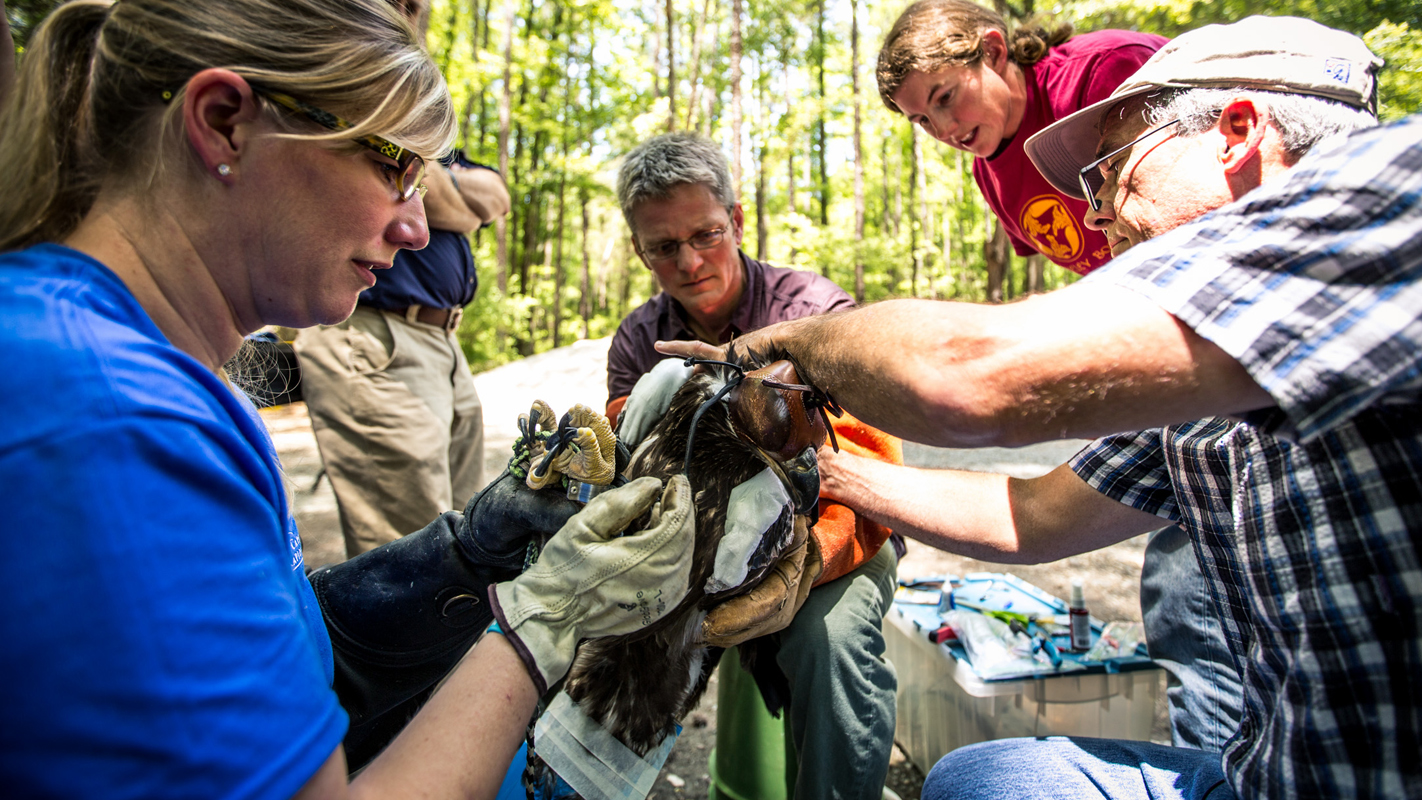ecology
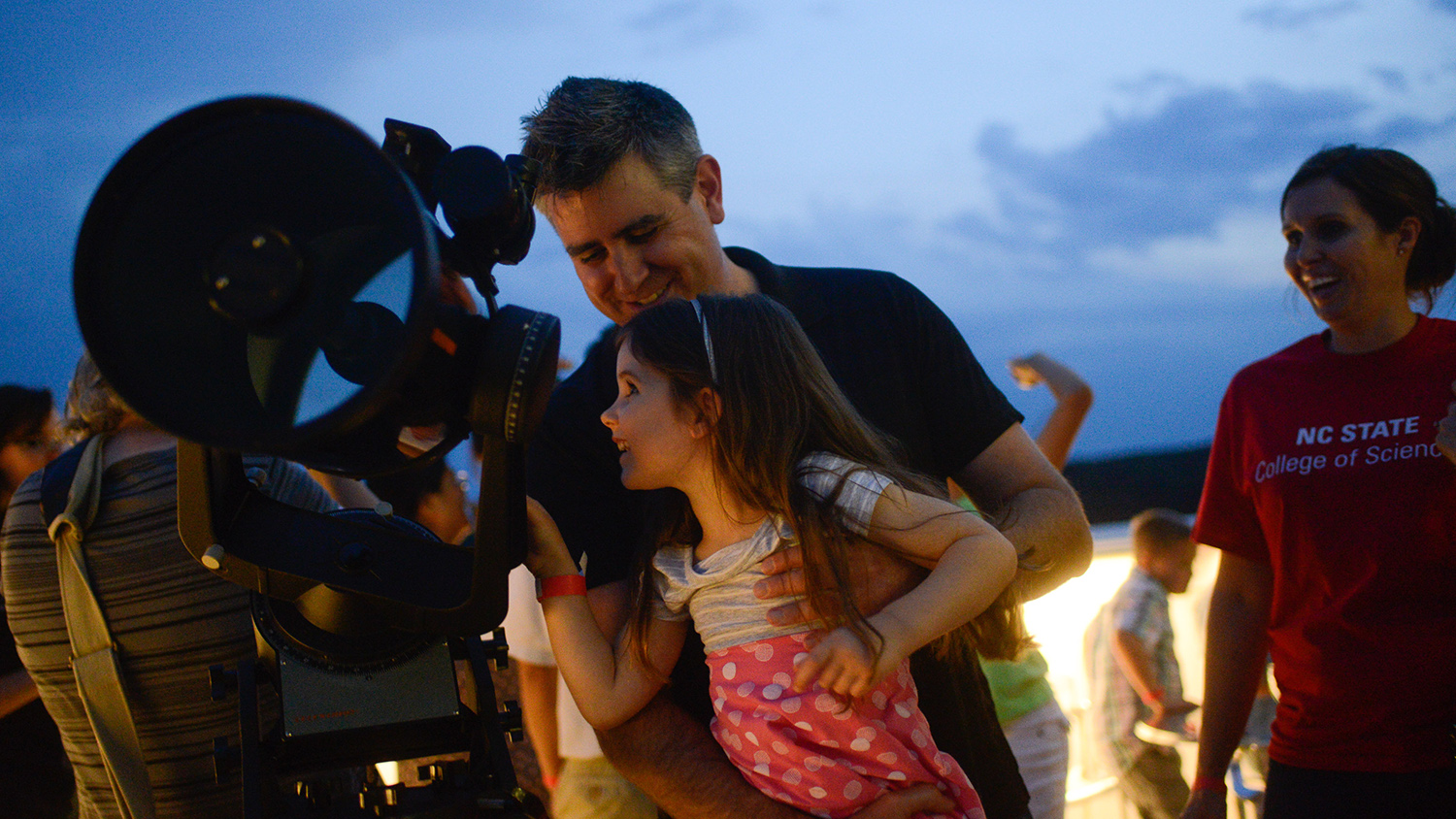
Research Within Reach
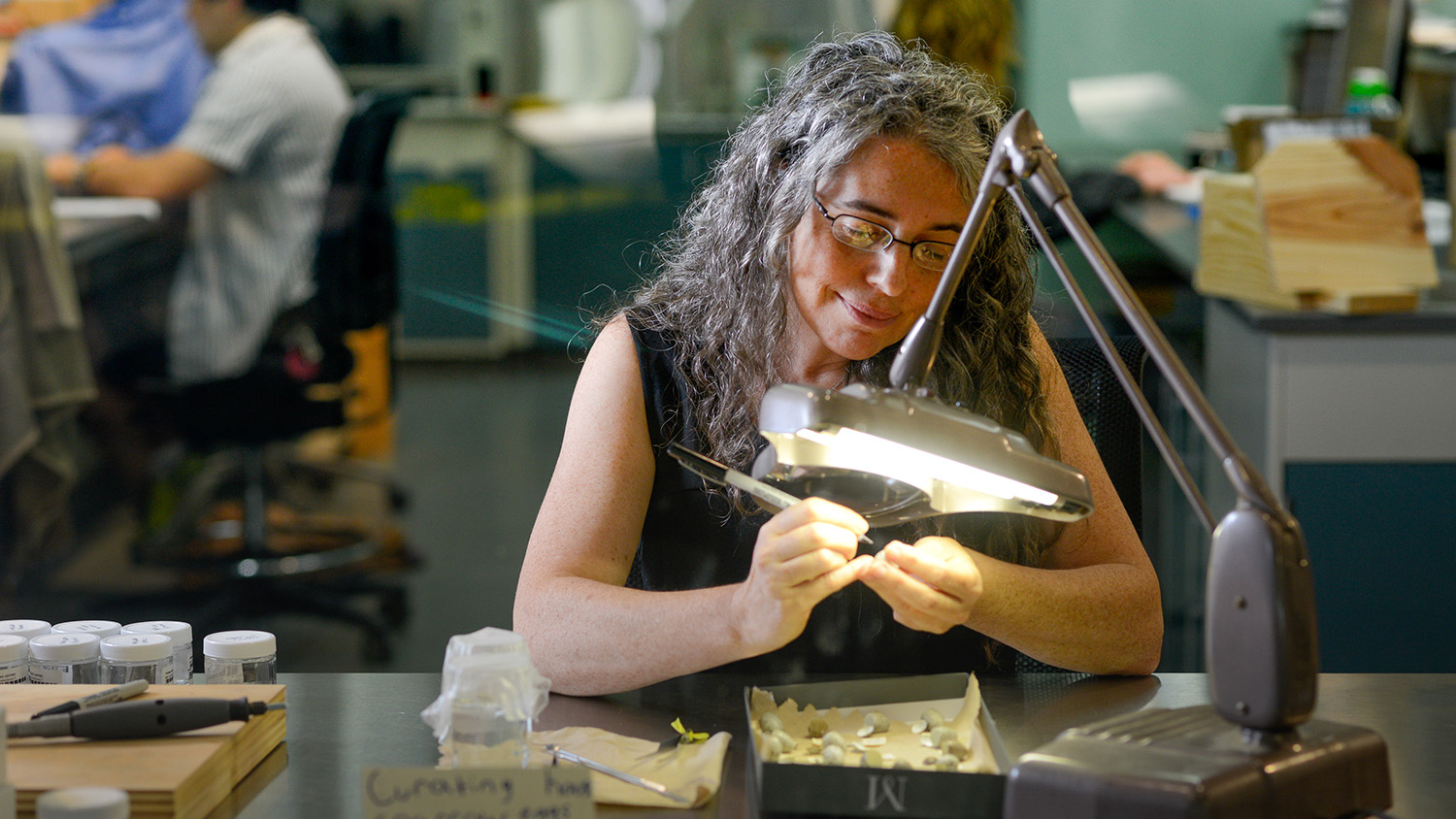
Leadership in Public Science: Meet Caren Cooper
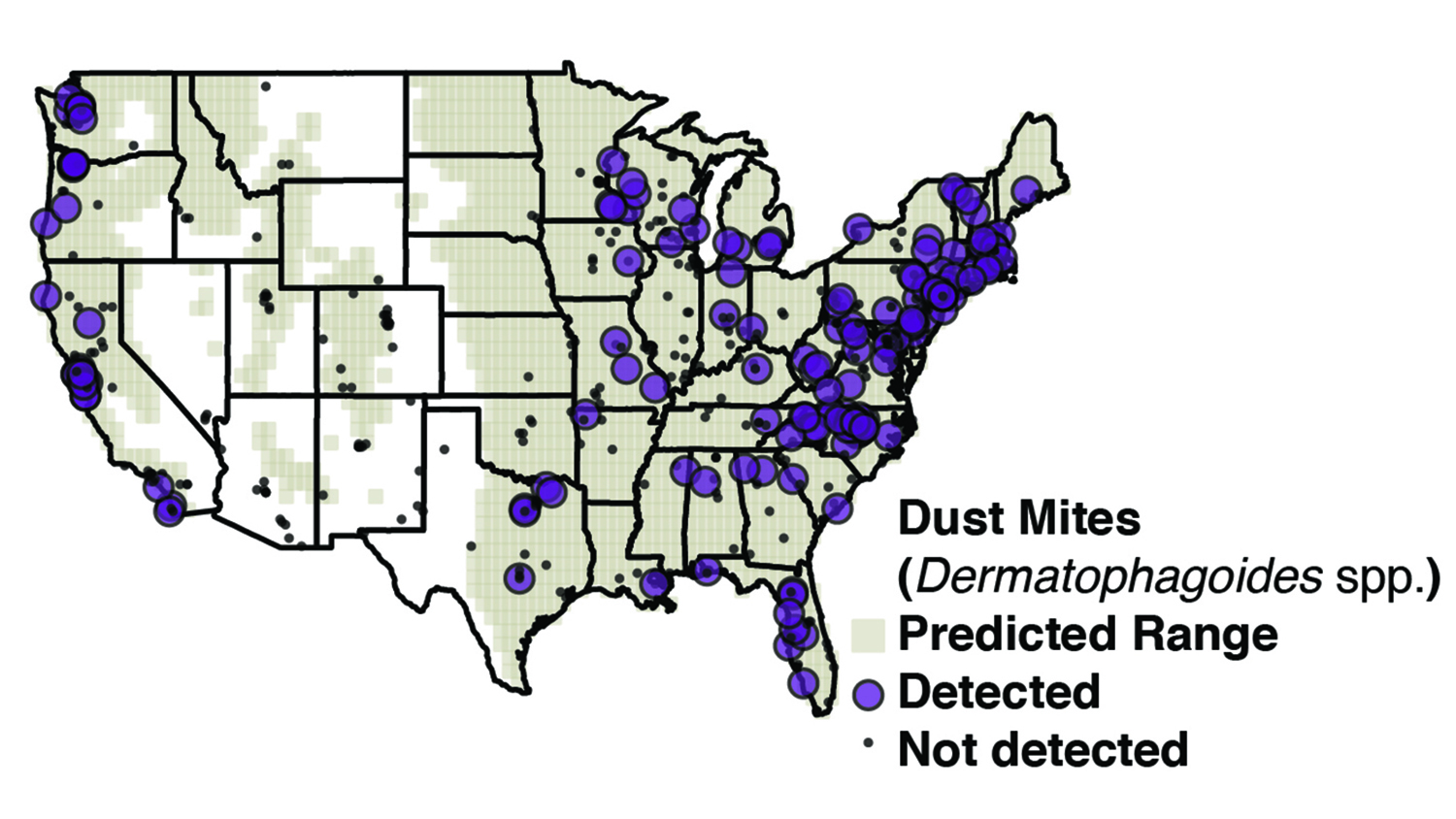
Study Highlights Diversity of Arthropods Found in Homes Across the United States – From Swabs of Dust
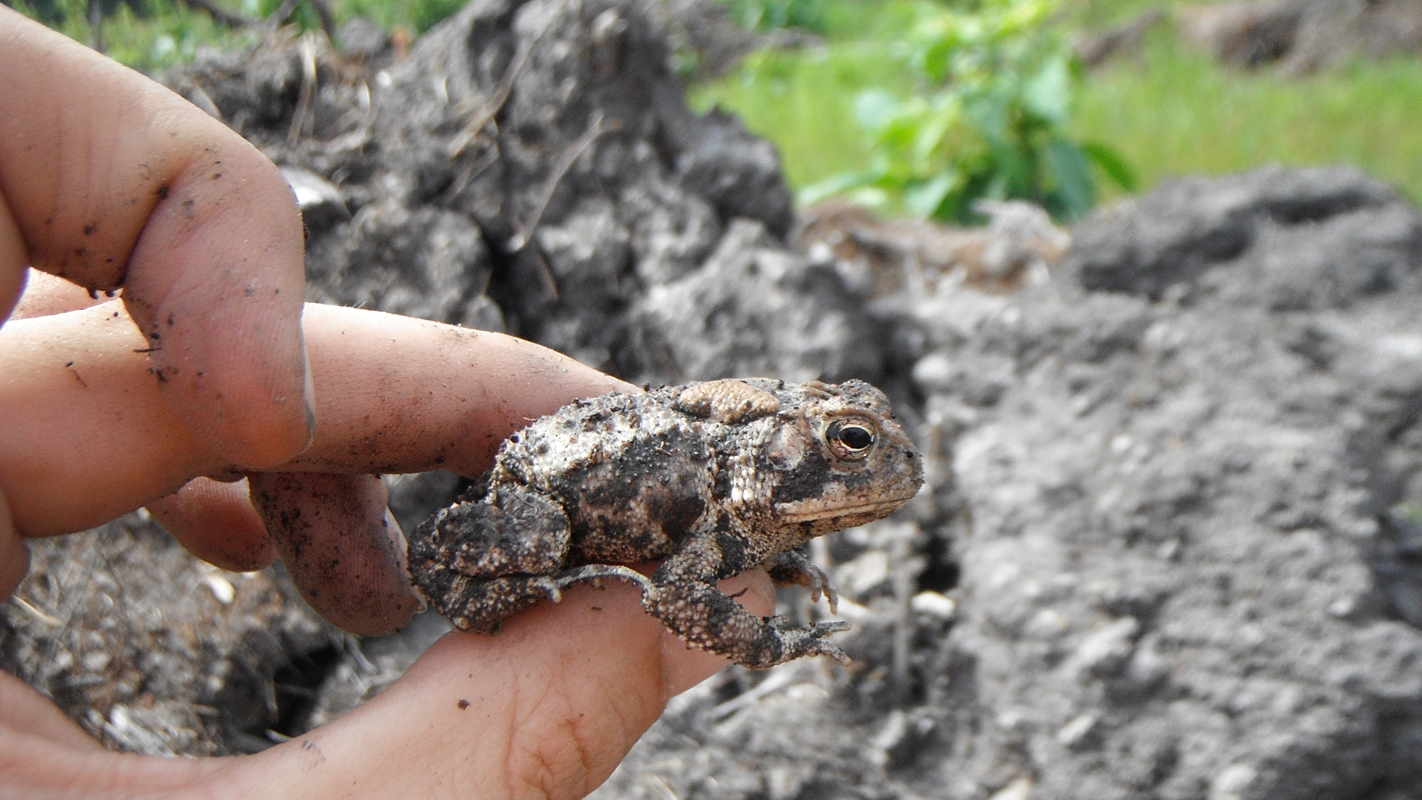
Does Biomass Harvest Affect Wildlife?
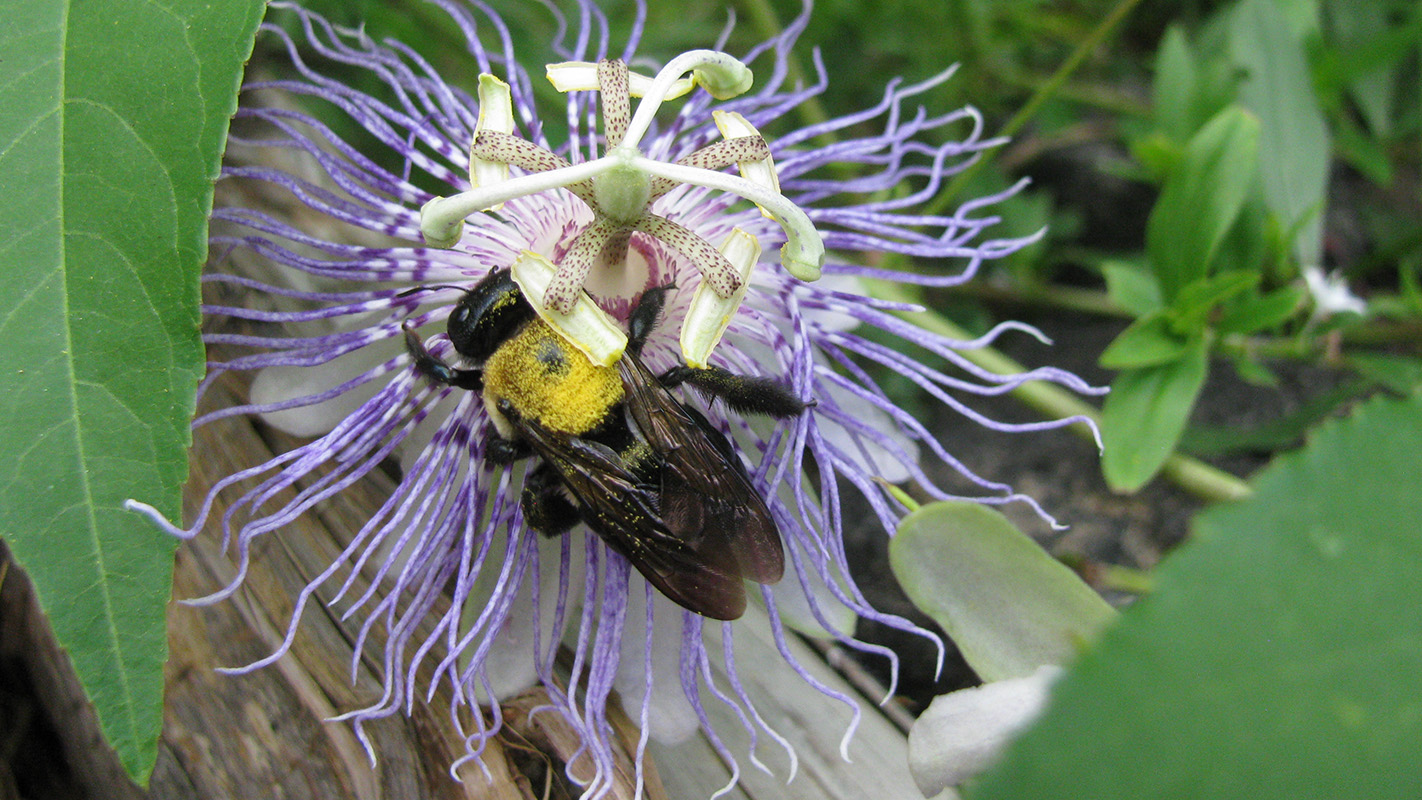
Expanding Outreach to Support Bees and Other Pollinators
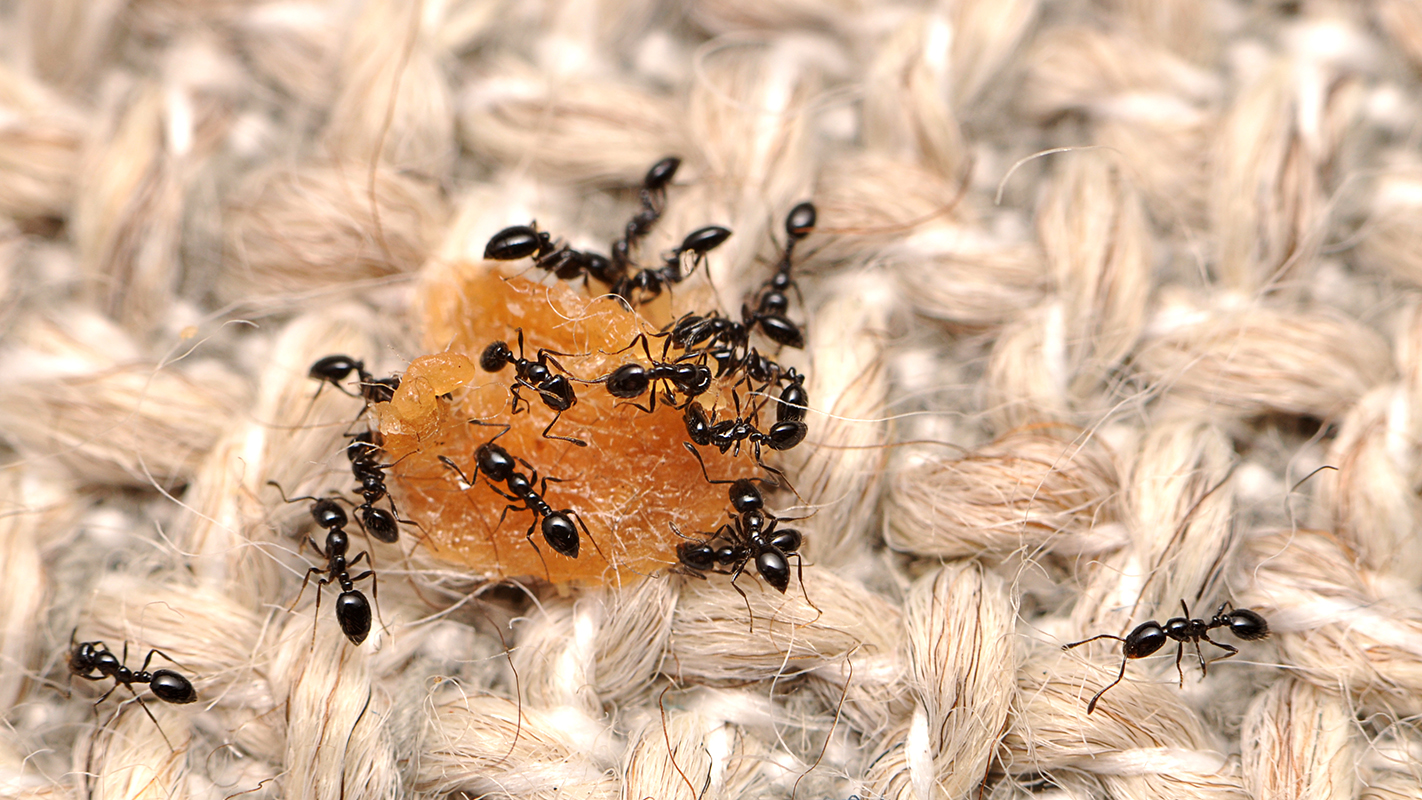
First Study of Arthropods in U.S. Homes Finds Huge Biodiversity
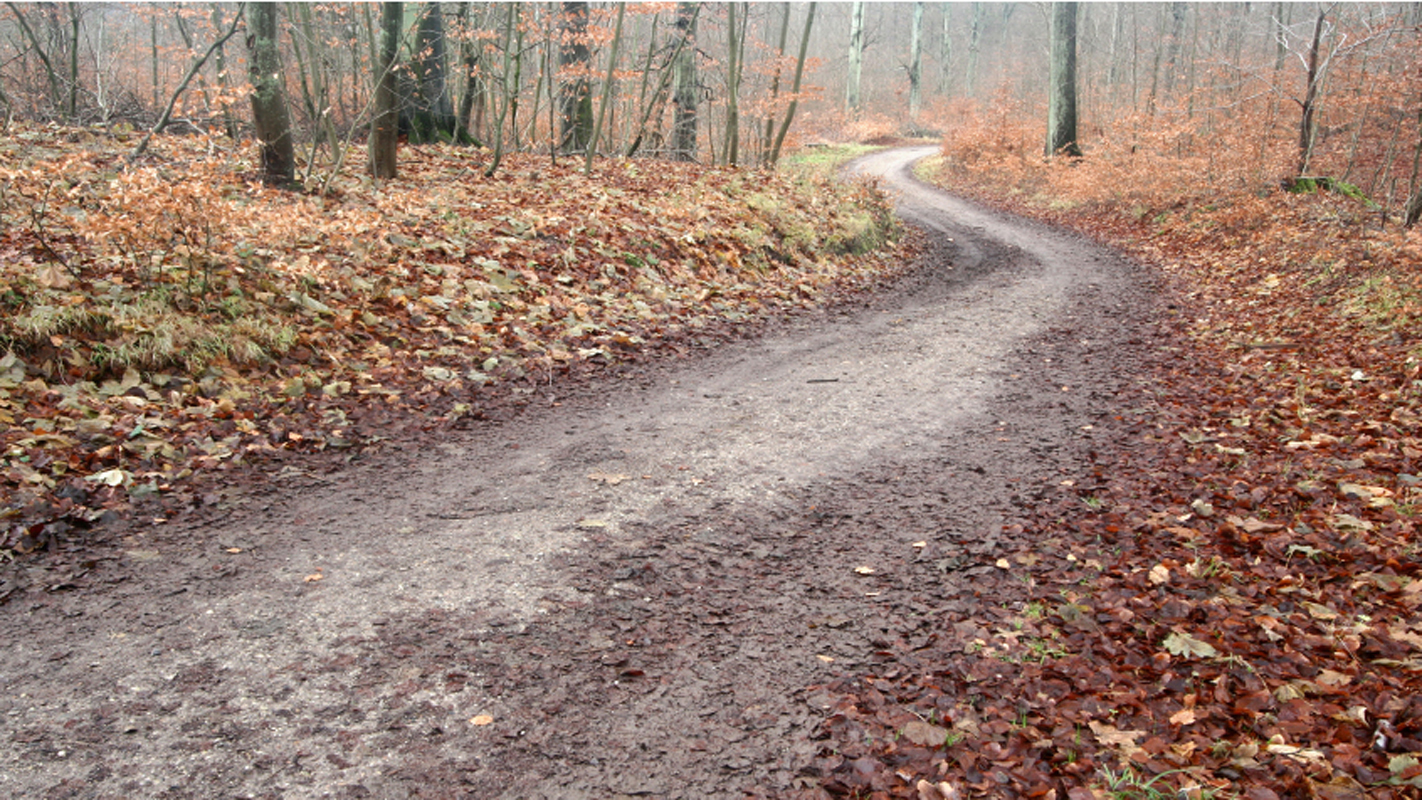
Taking the Road Less Traveled
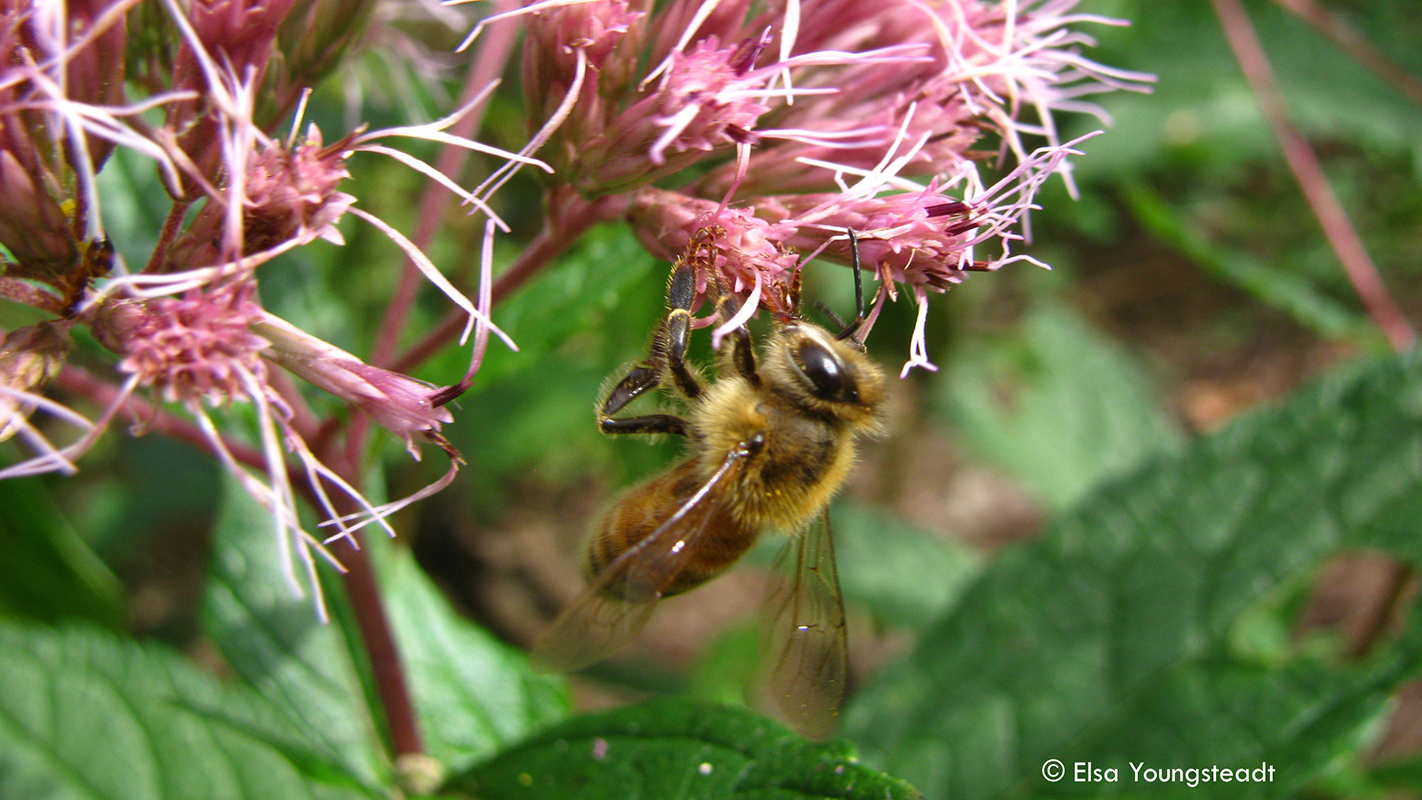
Urban Environments Boost Pathogen Pressure on Honey Bees

Citizen Science Effort Highlights How Little We Know About Invisible Life in Our Own Homes
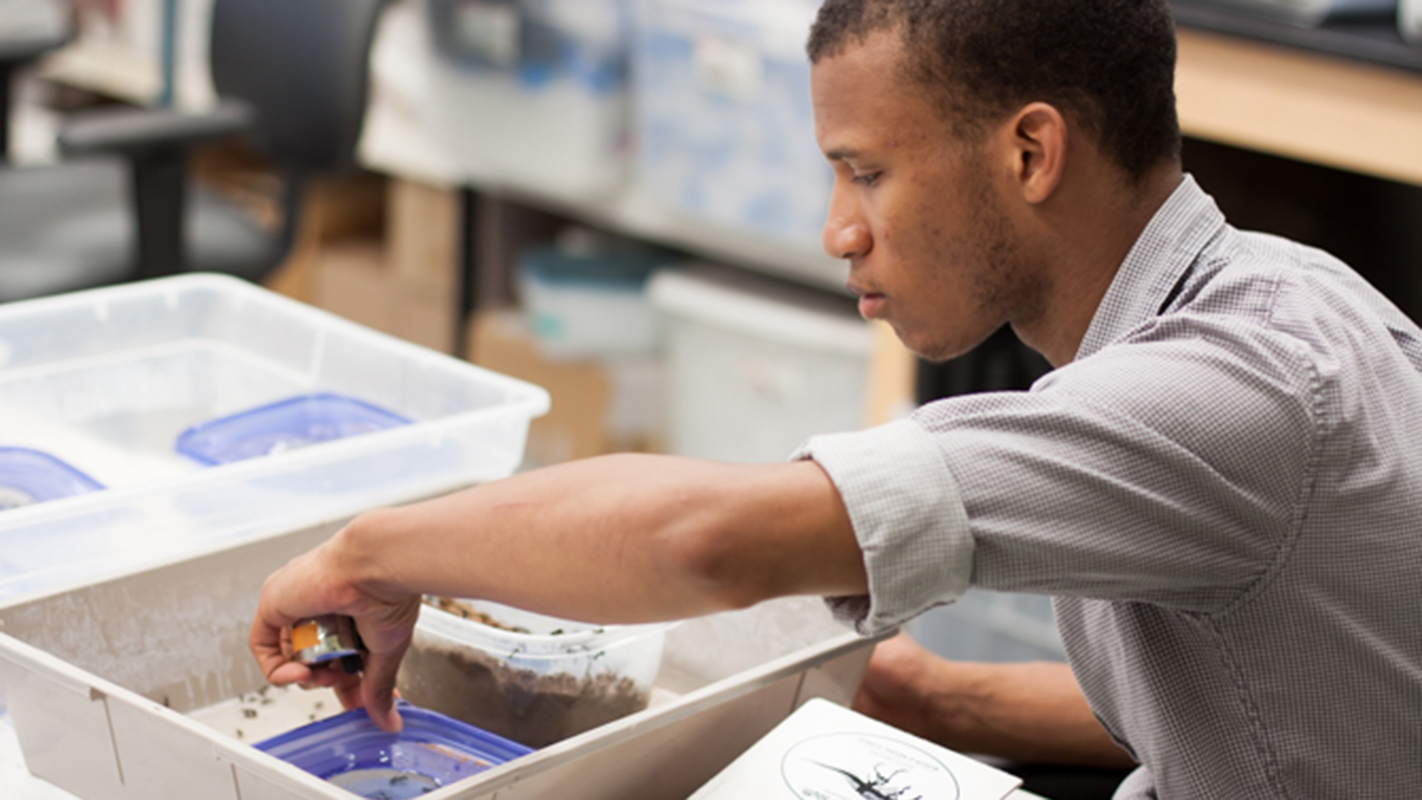
The Ecology of the Future and the Future of Ecology
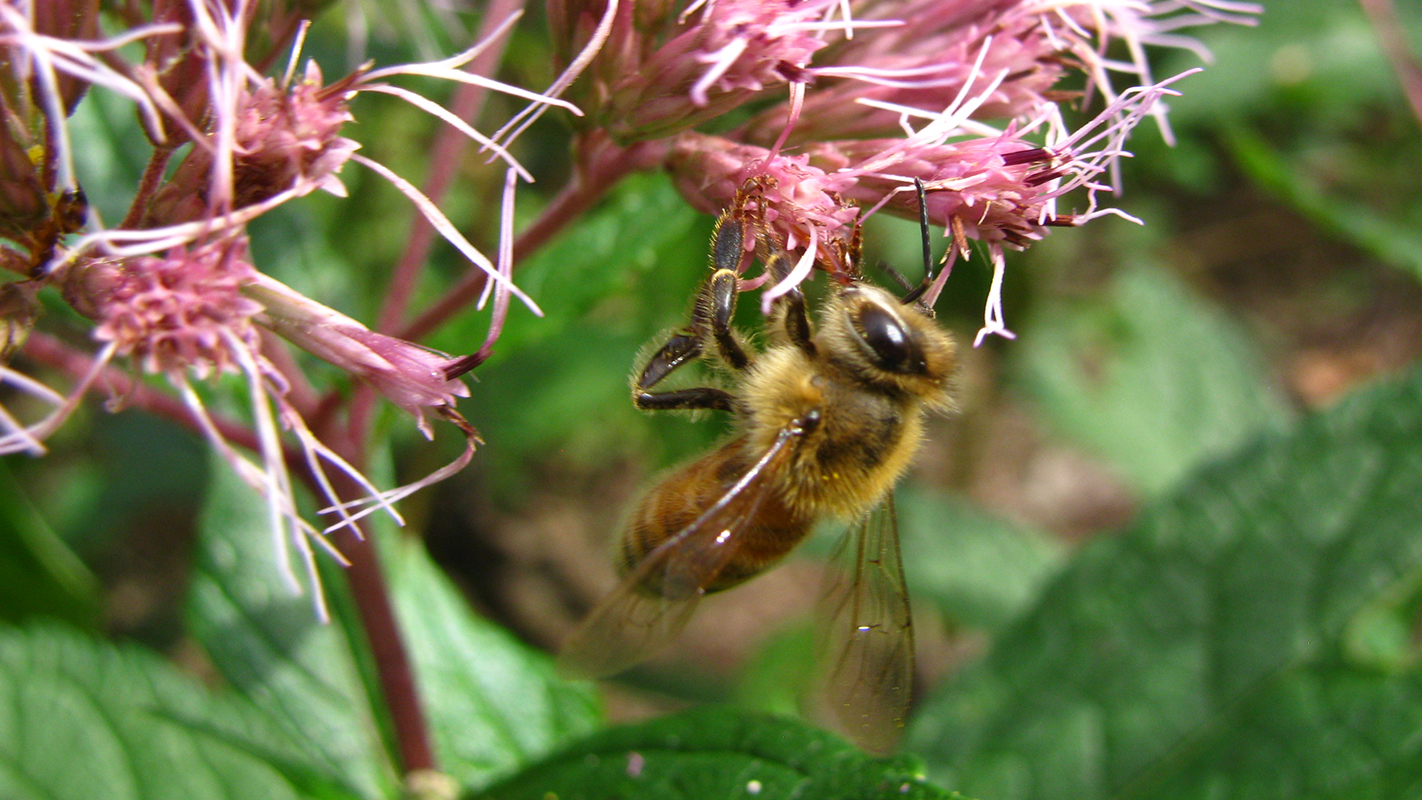
Experts Convene to Discuss How to Protect Bees, Other Pollinators
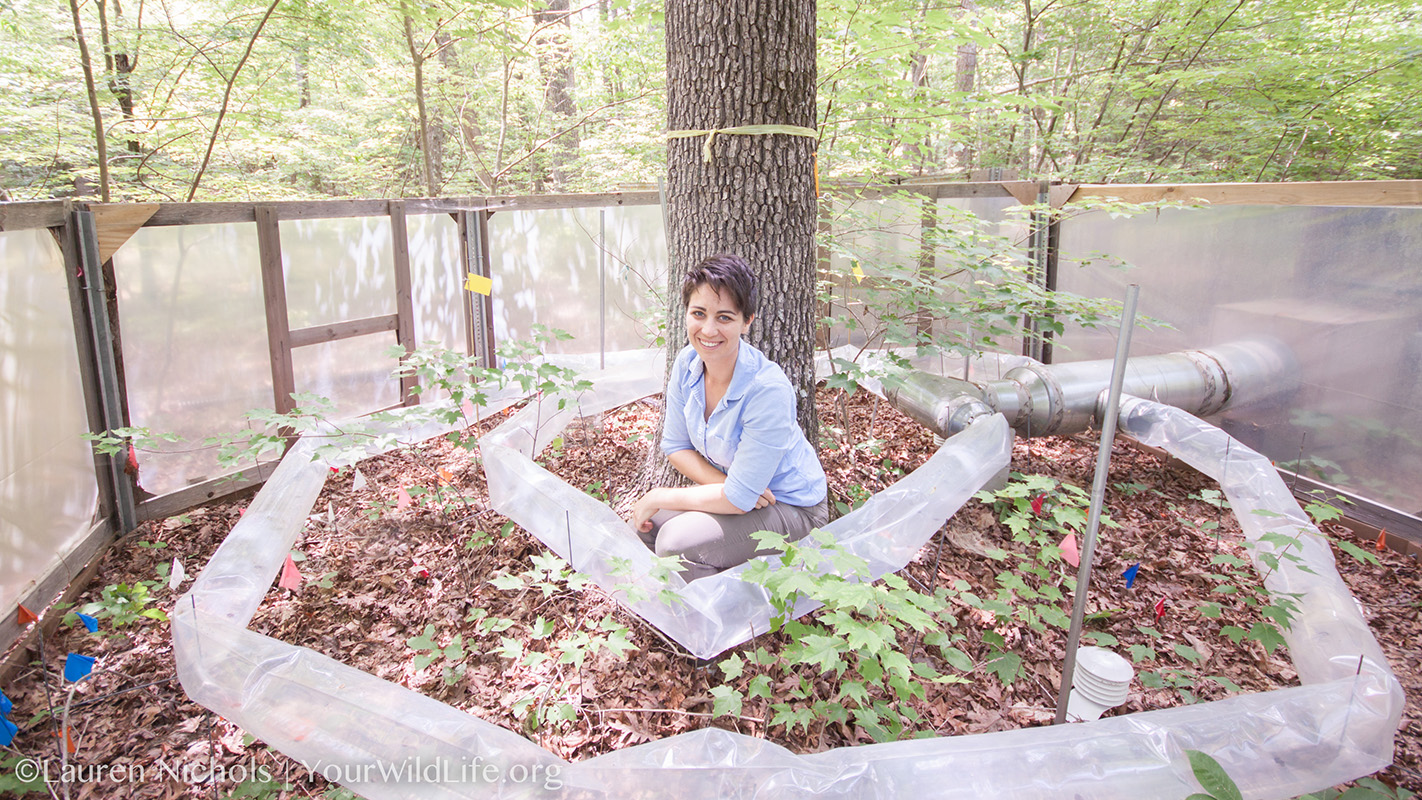
Researchers Seek Sneak Peek Into the Future of Forests

Researchers Can Trace Dust Samples Using Fungal DNA
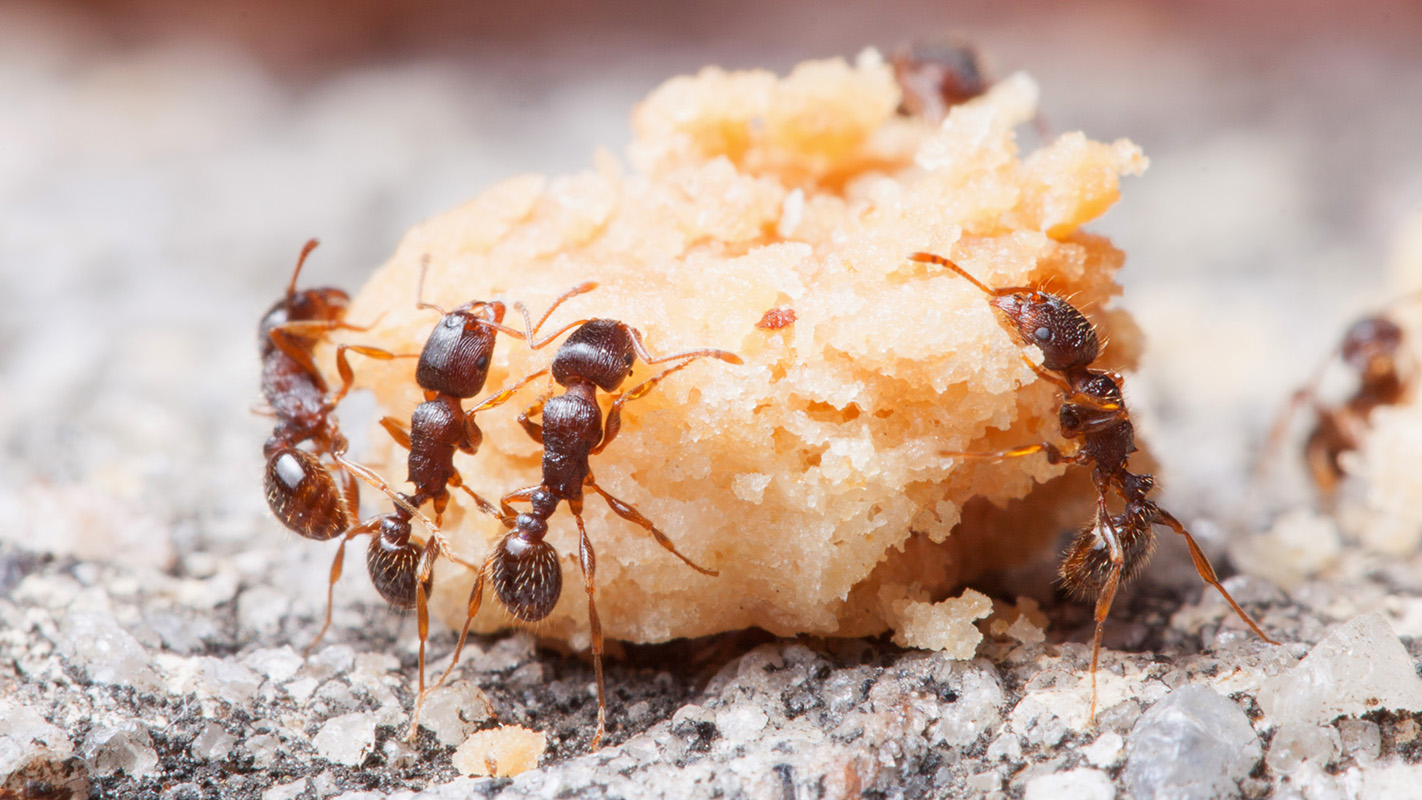
Isotope Study Shows Which Urban Ants Love Junk Food
